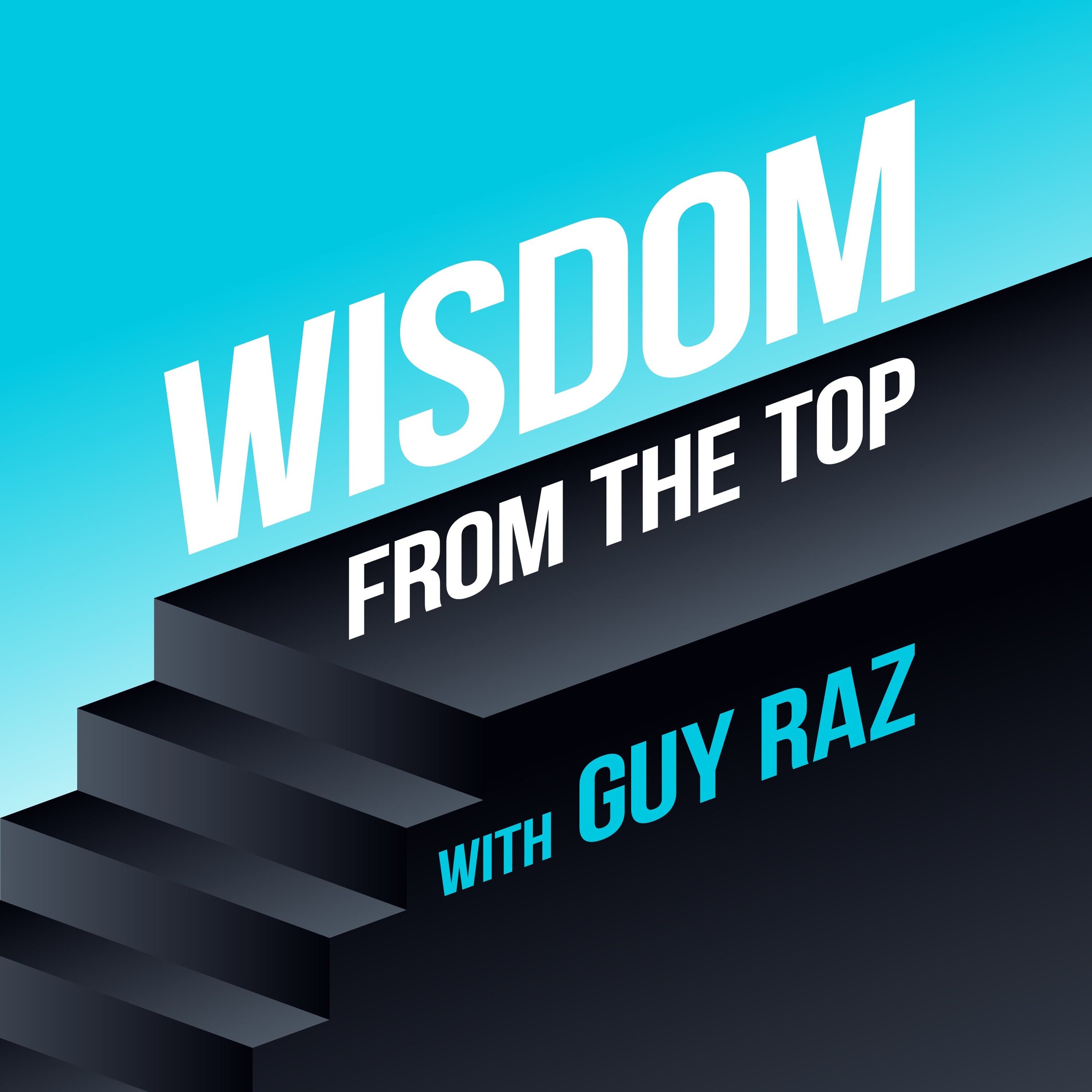Steve Kraske of The Overland Resource Group and NPR spoke with Dan on topics of empowering employees and leading creatively in an interview recording July 12, 2016. Please find an excerpt from the interview below. You can listen to the entire conversation at ORG's website here.
------
STEVE KRASKE: Well, Dan Hesse, welcome.
DAN HESSE: Hi, Steve. Great to be here.
STEVE : You had an interesting response recently when you were asked what book on business leadership had the most influence on you. What was it?
DAN: Forbes called me and asked me, and I had interestingly just been interviewed for another book on the books that most impacted my life, and it was Plato’s Republic.
STEVE: That’s going to surprise people.
DAN: Absolutely. And it was really my first book on leadership. I was a college undergraduate, actually a liberal arts undergraduate, and reading a philosophy book, and it was about why you should be good. And it talked about what characteristics leaders should have, because it was a discussion about why—who should be king, who should be leader, who should be ruler, between Socrates and a bunch of learned Greeks.
STEVE: You make a point on your website, DanHesse.com, that conscience-driven, ethical leaders can make a very positive impact on the world. What are you talking about there? Because I gather you're not necessarily referring to the bottom line.
DAN: I’ve always viewed business leadership as a vocation akin to the clergy, teaching, parenting, public service, because you can affect so many lives. You affect the lives and livelihoods of your employees, your shareholders, the communities, your suppliers, your customers. So for example, a company like Sprint—millions and millions of people—by not only what you do and how you do it. So it’s not necessarily — the bottom line actually is helpful, because as the company does better, the company has more resources to do good.
STEVE: More options.
DAN: And more options. So for example, look at Sprint here in Kansas City. Almost every fundraiser event, Sprint's sponsoring it, buying tables, supporting the community and wouldn’t be able to do it if the company wasn’t successful. So it doesn’t mean — it’s not in lieu of the bottom line, but it’s — the bottom line helps to do good. Purpose-driven.
STEVE: Plato once said, going back to him, that the best leaders often don’t seek to be leaders – they don’t seek power. What do you make of that?
DAN: Well, I think it’s almost human nature. The people you trust are those who aren’t looking for power. That’s why you’re willing to give them power. You trust them to use it wisely. And Plato actually talks about the leaders that are the best leaders actually care more about their subjects than they do themselves. So I think those people — a lot of leaders, people who are natural leaders don’t seek the position of leader, and that’s, quite frankly, why we’re attracted to them.
...You can listen to the entirety of the conversation here.



